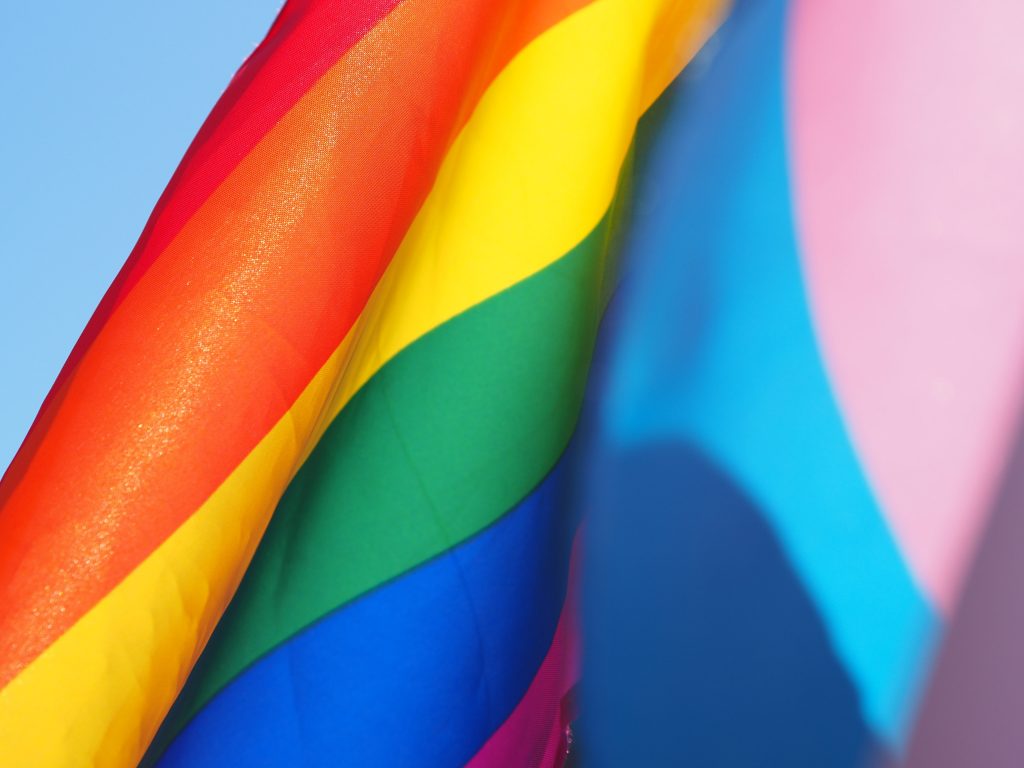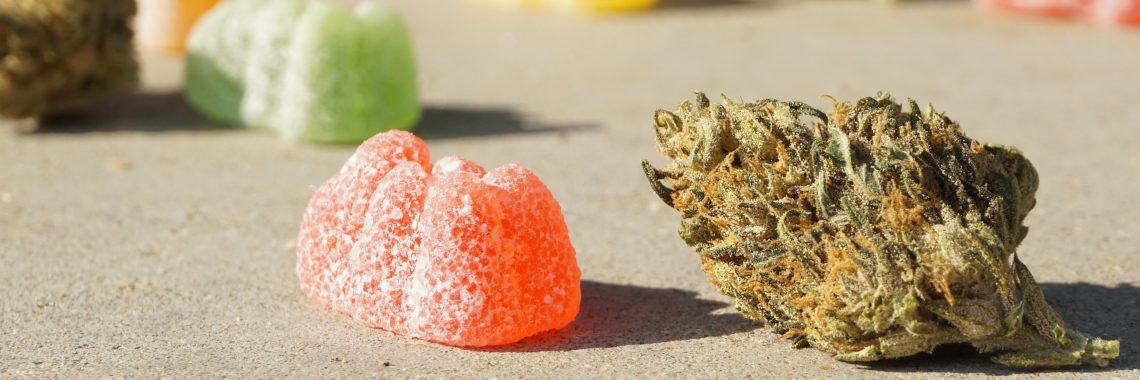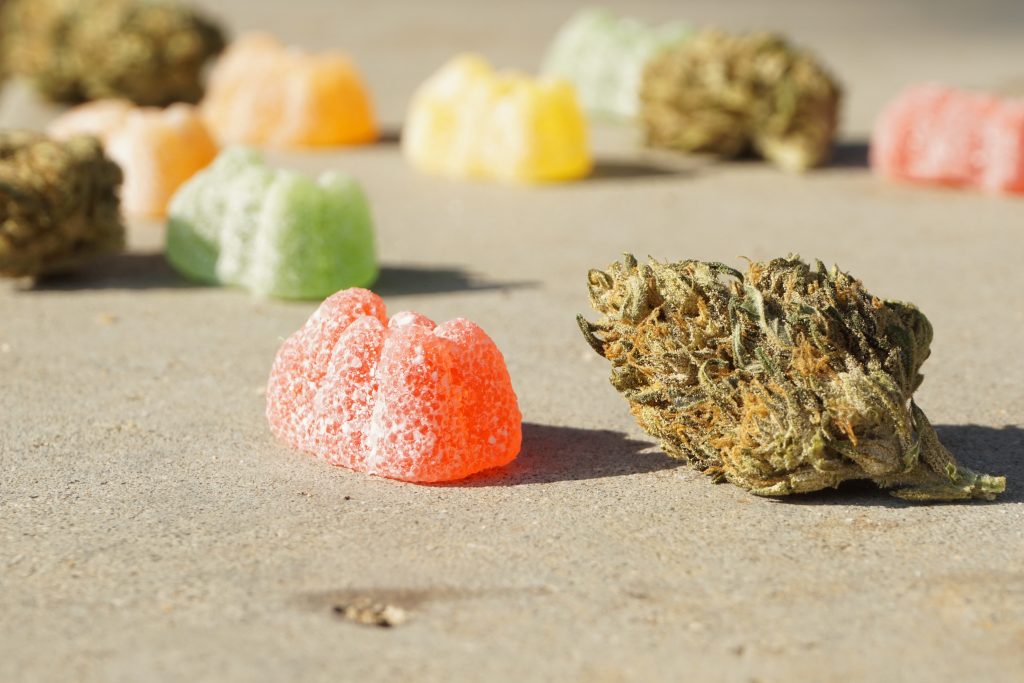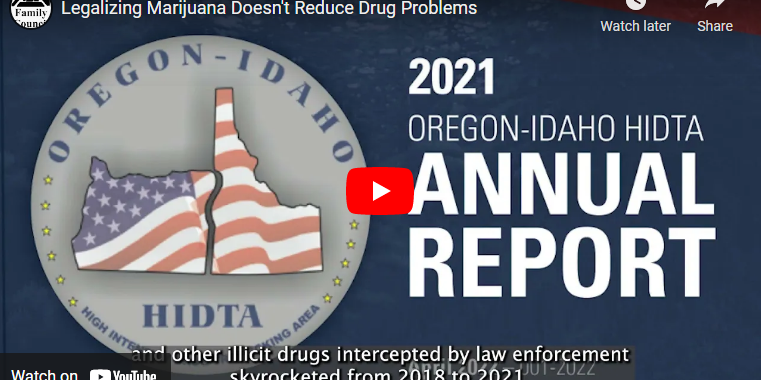Central Arkansas Library System Continues Hosting Pro-LGBT Events Geared Toward Youth

The calendar for the Central Arkansas Library System (CALS) shows multiple pro-LGBT activities scheduled at libraries in the coming weeks. Most of these events are designed for children and youth.
Here are a few of the events scheduled:
- Teens 4 InQlusion — a Gender and Sexualities Alliance (GSA) for teens and young adults — is hosting a screen printing workshop for youth ages 12 – 19 at the Main Library in downtown Little Rock.
- Teens 4 InQlusion also is slated to hold monthly Gender and Sexualities Alliance meetings for ages 12 – 18 on the first Saturday of every month.
- A “pronoun pins” activity is scheduled at the McMath Library in Little Rock on September 12. A similar activity previously took place at the Terry Library in Little Rock.
- The Main Library will host an “InQlusive Reading Lounge” for teens ages 12-19 on September 15, featuring pro-LGBT books Boys Run Riot and Lakelore. The library also has an event scheduled where teens will be given copies of Lakelore.
- The Main Library will host a pro-transgender “self-portraiture” workshop on September 22.
- On September 22 CALS will host an event with Alex Gino, the author of Melissa — formerly published as George — and with Dr. Luann Racher, “an area champion of trans health, from UAMS.”
- CALS will screen the transgender documentary Transhood in September.
- The Nixon Library in Jacksonville will host Gender and Sexualities Alliance activities during September.
- In October the Sanders Library in Sherwood will screen a twelve-minute LGBT documentary and host a discussion time afterward.
In August the Central Arkansas Library System defended its decision to host pro-LGBT programs geared toward youth, noting that the programs are funded in part by the Arkansas LGBTQ+ Advancement Fund at the Arkansas Community Foundation, the Alice L. Walton Foundation, Olivia and Tom Walton through the Walton Family Foundation, and the Winthrop Rockefeller Foundation.
In March Family Council reported that the Arkansas Community Foundation awarded a grant to the Central Arkansas Library System to set up a Gender and Sexualities Alliance (GSA) for teens and young adults. The money is part of a $1 million fund that the Walton Family Foundation created to support pro-LGBT groups in Arkansas.
The programs at the Central Arkansas Library System may not be overtly “sexual,” but they still promote LGBT ideology to children and teens.
Libraries don’t have to form Gender and Sexualities Alliances or organize pro-LGBT movie screenings to be successful. They can house books and promote reading and education without these types of events.
These activities are an unnecessary distraction for our public libraries.
Articles appearing on this website are written with the aid of Family Council’s researchers and writers.




